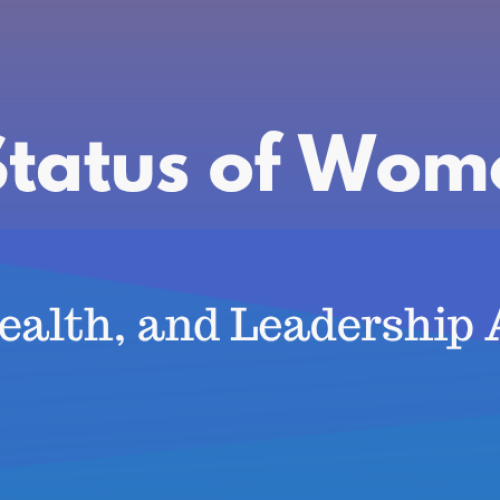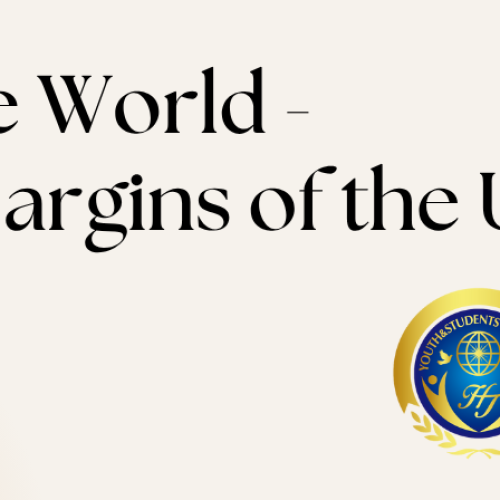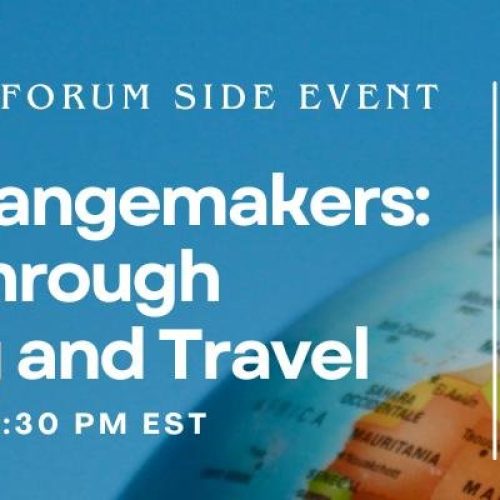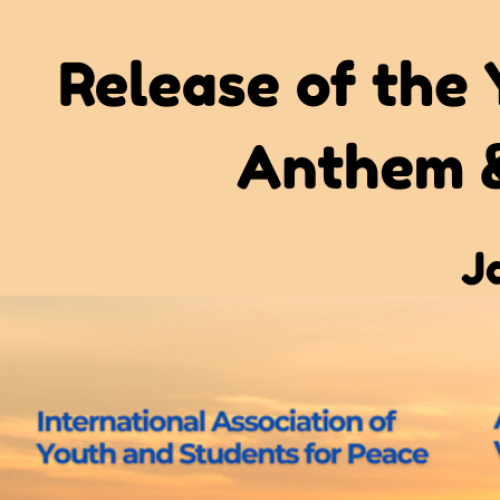In September 2024, Nagma Shrestha and Tiger Ryan represented the International Association of Youth and Students for Peace (IAYSP) at the International Youth Conference (IYC), where he joined global youth leaders to discuss practical solutions to the root causes of conflict. Nagma Shrestha emphasized that youth must be recognized as essential, empowered partners in multilateral diplomacy, with structured support, inclusive participation, and real influence in shaping global decisions. At the same time, drawing from his personal journey and professional experience, Tiger highlighted the importance of character education, inner transformation, and community service as essential foundations for lasting peace.
Nagma Shrestha’s Speech:
Nagma Shrestha, Representative to the United Nations for the International Association of Youth and Students for Peace (IAYSP), delivered a powerful address at the International Youth Conference, calling for the institutionalization of meaningful youth engagement in global diplomacy. Speaking on the theme of strengthening youth participation at the international level, she emphasized that youth are not only future leaders—they are already leaders, problem-solvers, and advocates who must be fully included in shaping global decisions.
She shared IAYSP’s mission to empower youth through character education and peace projects aligned with the UN Sustainable Development Goals and noted the organization’s presence in over 50 countries and its Special Consultative Status with ECOSOC. Highlighting a recent side event IAYSP organized during the ECOSOC Youth Forum, Shrestha spoke about efforts to develop a Global Standard for Meaningful Youth Engagement in the Pact for the Future, emphasizing the importance of intergenerational cooperation and equal partnerships between youth and policymakers.
Shrestha argued that youth engagement must go beyond tokenism and be supported by leadership training, mentorship, financial resources, and decision-making platforms. She stressed the need for inclusivity, urging that youth from the Global South and underrepresented regions must be given equal access and support to participate in global diplomacy.
Drawing on her experience in international pageantry, she highlighted how beauty pageants can serve as platforms for Track 2 diplomacy—promoting cross-cultural exchange, soft power, and youth-led advocacy on issues such as gender equality and climate action.
She concluded by urging global institutions to create formal structures, ongoing platforms, and accountability mechanisms to ensure that youth voices are not only heard but also shape policy outcomes. For diplomacy to be future-oriented and inclusive, she argued, youth must be recognized as essential partners in building a just and sustainable global future.

Tiger Ryan’s Speech:
Tiger Ryan, representing the International Association of Youth and Students for Peace (IAYSP), delivered a heartfelt reflection on the root causes of conflict and the personal responsibility each individual holds in building peace. He began by affirming the importance of values-based education and youth service, which are central to IAYSP’s mission. Tiger stressed that to truly mitigate conflict, we must be proactive rather than reactive—not merely protesting what is wrong in the world, but actively working to prevent future conflicts by cultivating values and character in young people.
He identified two fundamental internal causes of conflict: greed, the desire to take what is not yours, and grievance, the desire to reclaim what once was. Both, he emphasized, stem from internal dissatisfaction and unresolved personal issues. Without inner peace, individuals are more likely to contribute to larger social and political unrest. That’s why, in the words of IAYSP’s guiding principle, “Peace starts with me.”
Tiger illustrated this with his personal journey: once an overweight, anxious, and depressed teenager, he battled internal conflict and lacked self-love. He shared that he could not focus on loving others or contributing to peace until he began taking care of himself—through exercise, self-help, and discipline. This personal transformation empowered him to serve others, eventually becoming a police officer in London, where he confronted daily conflict—from street violence to domestic abuse.

Drawing from these experiences, Tiger argued that personal transformation is foundational for social change. Peace is not simply something we demand from governments or institutions—it begins with individual action, self-discipline, and service to others. By strengthening ourselves and supporting youth through education and empowerment, we can create a ripple effect of peace within communities and across nations. His message called for personal accountability, empathy, and consistent efforts to uplift others, reminding the audience that sustainable peace must be built from the inside out.








